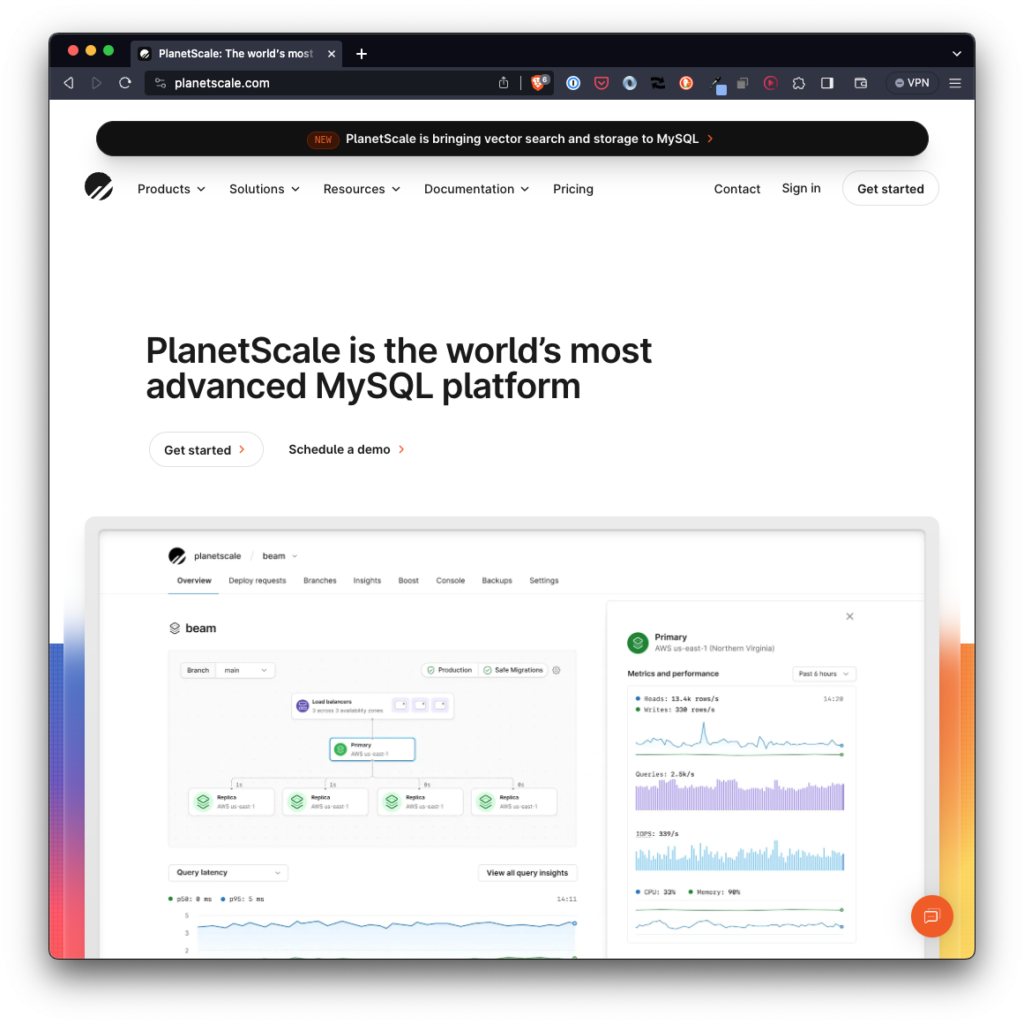Over the last year or so, the term “WordPress adjacent” has become more popular to use. And I get it. There are a lot of us who are still heavily involved with WordPress but who are building tools and/or solutions that may not only interact with WordPress or that start with WordPress and fan out from there.
So that phrase, as they say, has entered the chat. And it’s not a bad phrase, per se. But I think it’s imprecise and I think we can do better. This is important for those of us who write, podcast, speak, and any or all of the above.

First because I believe it’s important for us to be able to clearly define about what we’re talking and how it relates to WordPress. And secondly, so that our audience can follow it.
Imagine thinking you’re going to hear someone talk about building headless applications in WordPress and all that comes with that only to hear that a backend engineer is going to be talking about building a utility that incorporates Google Cloud Functions and custom endpoints to send data to a cloud-based database and to a WordPress database, too.
All of that falls under the umbrella of WordPress Adjacent. And that’s why it’s not good enough. It’s why we need to more more precise.
What Does It Mean to Be WordPress Adjacent?
Starting a more broadly, I would say, at it’s core, being WordPress adjacent refers to individuals or projects closely associated with WordPress, either through direct use or integration with technologies related to the core application.
It’s straightforward enough, but it’s a mouthful, isn’t it? Trying to throw this into a presentation or a podcast and you’re going to lose half your audience.

Here’s why I say that: In their mind, people already have what it means to be WordPress adjacent. So when what you describe doesn’t map to what they think, it feels like someone is wrong or perhaps being misunderstood.
There’s no reason to feel that way but this is why I think we need a level of precision. Ultimately, there’s a myriad of ways one can be WordPress adjacent.
Lack of Precision is Frustrating (Why Wouldn’t It Be?)
The imprecision of the term WordPress adjacent is both a blessing and a curse. On one hand, it allows for flexibility, acknowledging the diverse roles and projects within the WordPress ecosystem.
On the other, this vagueness can lead to confusion. Imagine trying to explain your job to someone using this term – chances are, you’d end up providing a convoluted explanation that leaves the them more confused than not.
Okay, so How Do We Address It?
In my experience backend engineer, I’ve found myself involved in projects that are WordPress adjacent. And there’s certainly been an uptick in that in the last few years. Further, I’m grateful for it because it allows me to continue to grow as an engineer with learning other technologies, integrating them, and then having them still communicate with WordPress.

master and development branches all accessible via PHP or cloud functions.From developing custom APIs that communicate seamlessly with WordPress installations to creating data systems all of which ultimately increase the functionality of WordPress websites.
Stuff like this orbits WordPress without directly living only within it.
And so that’s how what I do is WordPress adjacent. It may be how the work you do is too. But it’s not the same for all of us.
Clarifying Our Roles
So, how do we address this ambiguity? When we use the term “WordPress adjacent,” we provide a brief explanation of how exactly we are adjacent. Whether it’s through
- developing plugins,
- creating bespoke themes,
- enhancing user experience,
- building headless front-ends,
- communicating with third-party APIs and integrating them back into the WordPress application (or vice versa),
- and so on.
Specifying our roles helps in demystifying the term for others.
Ultimately, it fosters a deeper understanding of the diverse economy that revolves around WordPress.
Clearing Things Up
In technology, clarity is key. And given WordPress is technology, it isn’t exempt from that.
For those of us who work in this space, we have a responsibility to those who read our articles, listen to our podcasts, or attend our talks to clarify our roles. Don’t leave it to them to figure out in the moment.
If you’re going to be using the term in the future – which I personally hope to see more of – let’s at least explain how we’re adjacent.

